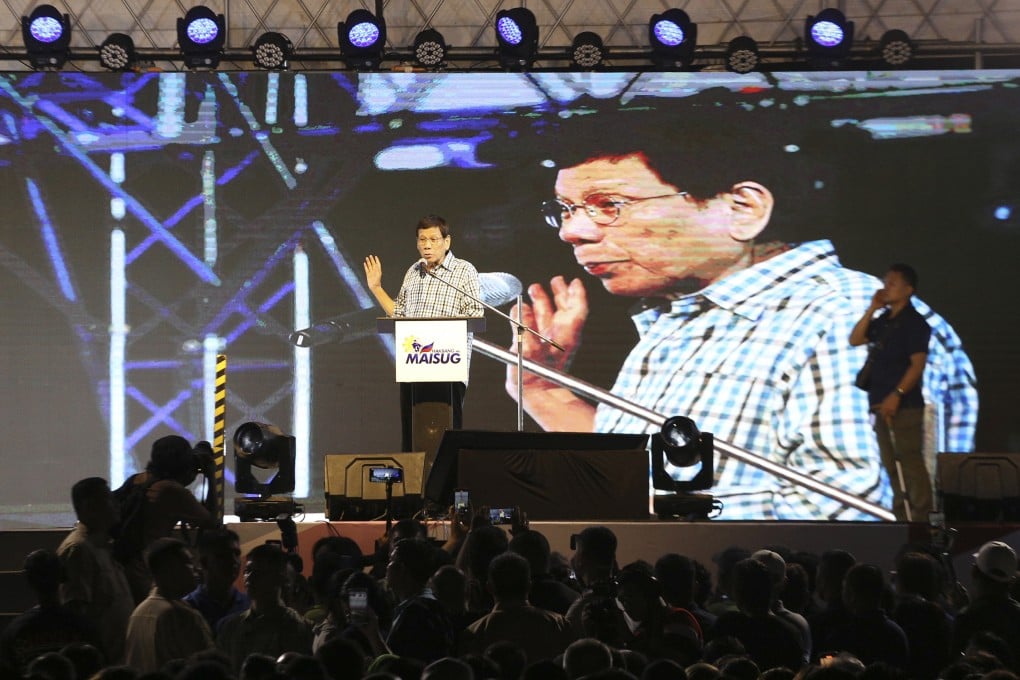Online rumours of civil war in Philippines tied to China’s covert agenda
- Analysts accuse Beijing of using cognitive warfare to destabilise the Philippines’ political landscape amid their South China Sea row

Analysts link such efforts to a broader cognitive warfare strategy by China, leveraging disinformation through social media and traditional channels in an attempt to sway public sentiment and destabilise the Philippines’ political landscape.
“What we are seeing is just the tip of the iceberg,” Sherwin Ona, a visiting fellow at the Institute for National Defence and Security Research think tank in Taiwan, told This Week in Asia. “We must brace ourselves for more of this.”
Last week, The Philippine Star reported on coordinated efforts by anonymous Chinese social media accounts that shared a November statement by Pantaleon Alvarez, a representative from Davao del Norte, calling for the secession of Mindanao’s southern islands from the rest of the Philippines.

